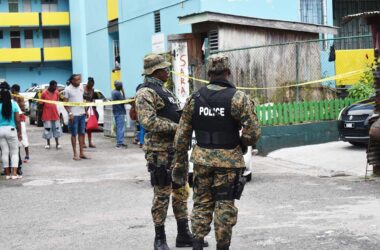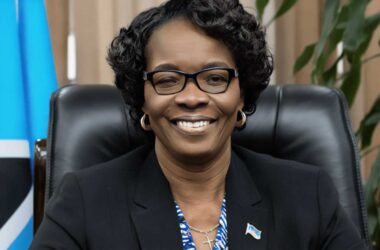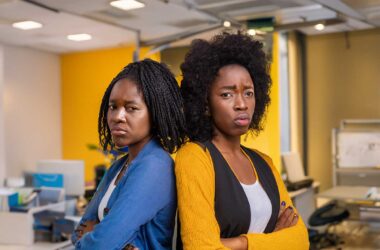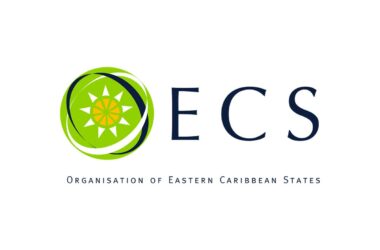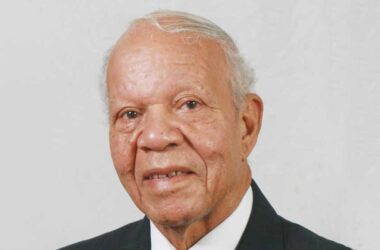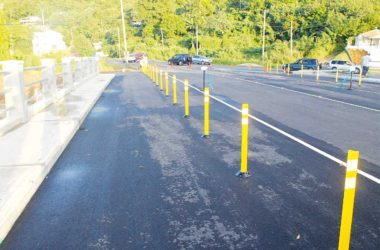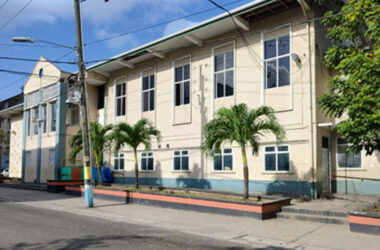Small Island Developing States (SIDS) should not come out of the 26th UN Climate Change Conference of the Parties (COP26), now on at the Scottish Event Campus (SEC) in Glasgow (31 October – 12 November), elated by the promises made by the bigger and much richer nations.
History has shown that previous pledges made by those countries to wean the world off fossil fuels and promises made by them to cut greenhouse gas emissions, so as to keep the rise in the global temperature to 1.5 degrees Celsius, have not been kept.
SIDS around the world, every year, are encountering perils that set their economies back, perils that are the result of the changes in climate.
We see no need to highlight these perils as every year we in this country experience the devastating effects of these changes.
Why are governments of the world still making pledges and promises to fix Earth, the only place human beings have to live in, at COP26 when the dangers to Earth were spotted and talked about years ago?
Let’s go back 10 years to COP17 which was held in Durban, South Africa, specifically to establish a new treaty to limit carbon emissions. A treaty was not established, but the conference agreed to establish a legally binding deal comprising all countries by 2015, which was to take effect in 2020.
Back then, there was progress regarding the creation of a Green Climate Fund for which a management framework was adopted. The fund’s objective: to distribute US$100 billion per year to help poor countries adapt to climate impacts.
Today, those poor countries are in Glasgow, Scotland begging for the promised monies, lamenting the fact that the countries who made the pledges and promises to put the said amount in the fund did not fulfill their obligations to the full.
The irony of this sad situation sits with the countries which made the pledges and promises. They are the very same countries which have caused our planet’s climate to be what it is today by burning coal, oil and gas at high volumes.
Interestingly, at COP17, scientists and environmental groups warned that the deal which was arrived at was not sufficient to avoid global warming beyond 2 °C as more urgent action would be needed. All of this fell on deaf ears. Ten years later we are worse off than before. The richer and more powerful countries have pumped more greenhouse gases into the world’s atmosphere than ever before, land and sea temperatures are on a steady increase and right here in Saint Lucia hurricanes are fiercer, flooding more frequent, rivers are drier, droughts are common and the list goes on.
Therefore, SIDS should not link arms and shout hallelujah simply because on Wednesday, banks, insurers and investors with around $130 trillion or 40% of the world’s capital at their disposal, pledged to put limiting climate change at the centre of their work.
We are calling on the SIDS to be relentless in calling on the countries which made the pledges and promises to keep their agreements, oaths and vows.
After all, U.S. climate envoy John Kerry told a meeting of world mayors that the pledges made so far gave the world only a 60% chance of capping warming at 1.5 degrees Celsius.
He said around 65% of global GDP was now covered by implementable climate change plans. “That means 35% isn’t. And we can’t do it without that 35%.”
The SIDS work for them will not be easy if they want to survive in years to come. COP26 is not yet over, therefore we hope that SIDS could secure enough national promises to cut greenhouse gas emissions since their very survival depends on these cuts.



